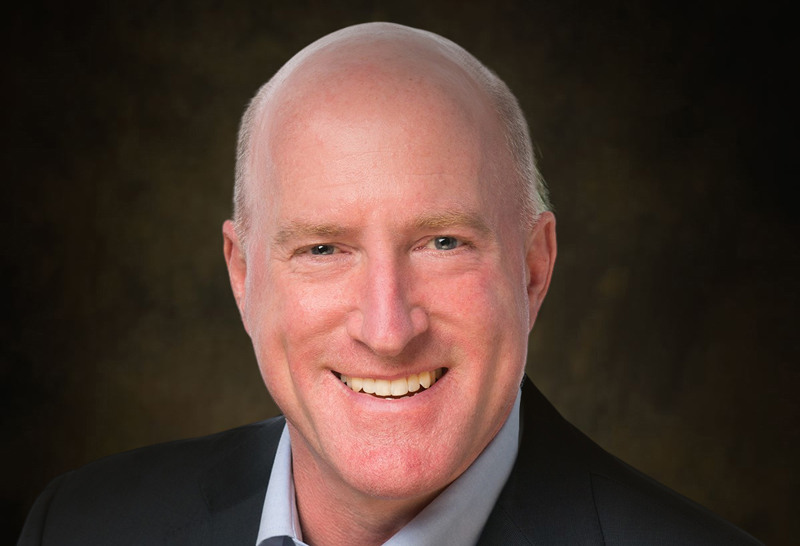With winter transitioning into spring, all-season sports fans are left to lament the end of football and look forward to one of America’s great competitive events: college basketball’s NCAA tournament, also known as March Madness.
If you’re unfamiliar, March Madness pits 68 of the sport’s best teams against each other in a three-week pursuit of the national basketball championship. Win and you move on in the tournament. Lose and your season – and in many cases, your college playing career – is suddenly over.
The circumstances are different and the stakes are higher, but March Madness always reminds me of health care in a couple of ways.
First, there’s the fact that you cannot “take a day off” in the NCAA tournament. Where other sports use multi-game series to determine champions – a format that favors the better team – March Madness is a single-elimination event where underdogs routinely play the game of their lives and knock off a heavy favorite. One moment of sluggish play or lost focus can send you home, even against a team you might beat 99 out of 100 times.
Similarly, health care workers – including our top-notch crew at St. Charles – must bring their “A game” to work every day. That’s why everyone at our health system, from the frontline caregivers to our executive team, is constantly working to hone our policies, streamline our processes and improve our procedures, all in the name of better care. Our patients and their families expect nothing less, and neither do we.
The other parallel I see between March Madness and health care is the importance of excellent teamwork. Unlike in the NBA, where a couple of superstars can carry a team to a championship, the winner of the NCAA tournament is usually a collection of players with different skillsets who work closely together to accomplish a common goal.
That’s the beauty of the college game. It’s also the beauty of overseeing a health system, where every single person has a job to do, and every one of them should be doing that job with a common goal in mind: to best serve our patients. Certainly, our doctors and nurses get the most one-on-one time with patients, and their role in patient satisfaction is key. But your St. Charles experience starts with your first phone call or visit to our website, and it continues through registration, multiple visits to different departments and your post-procedural care. Your impression of our organization can be affected by your spouse’s visit to the cafeteria, or an interaction with our billing department, or the demeanor of the caregiver who arrives in your room to change your pillowcase.
The point is this: Any one person can provide great care, but it takes a team of great caregivers working together to be a world-class health care organization. I feel privileged to lead St. Charles in our pursuit of that goal.





